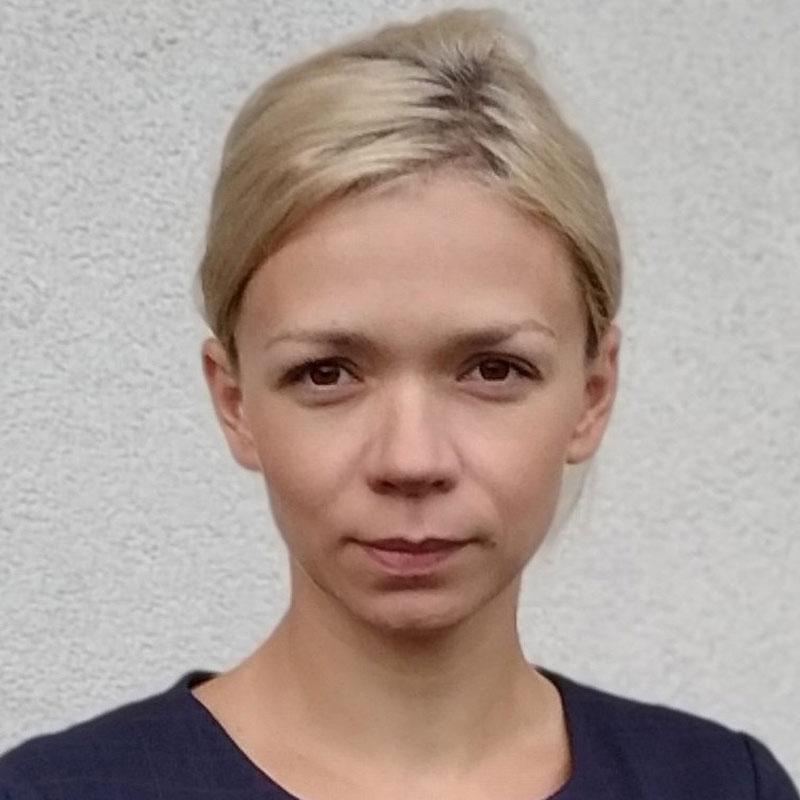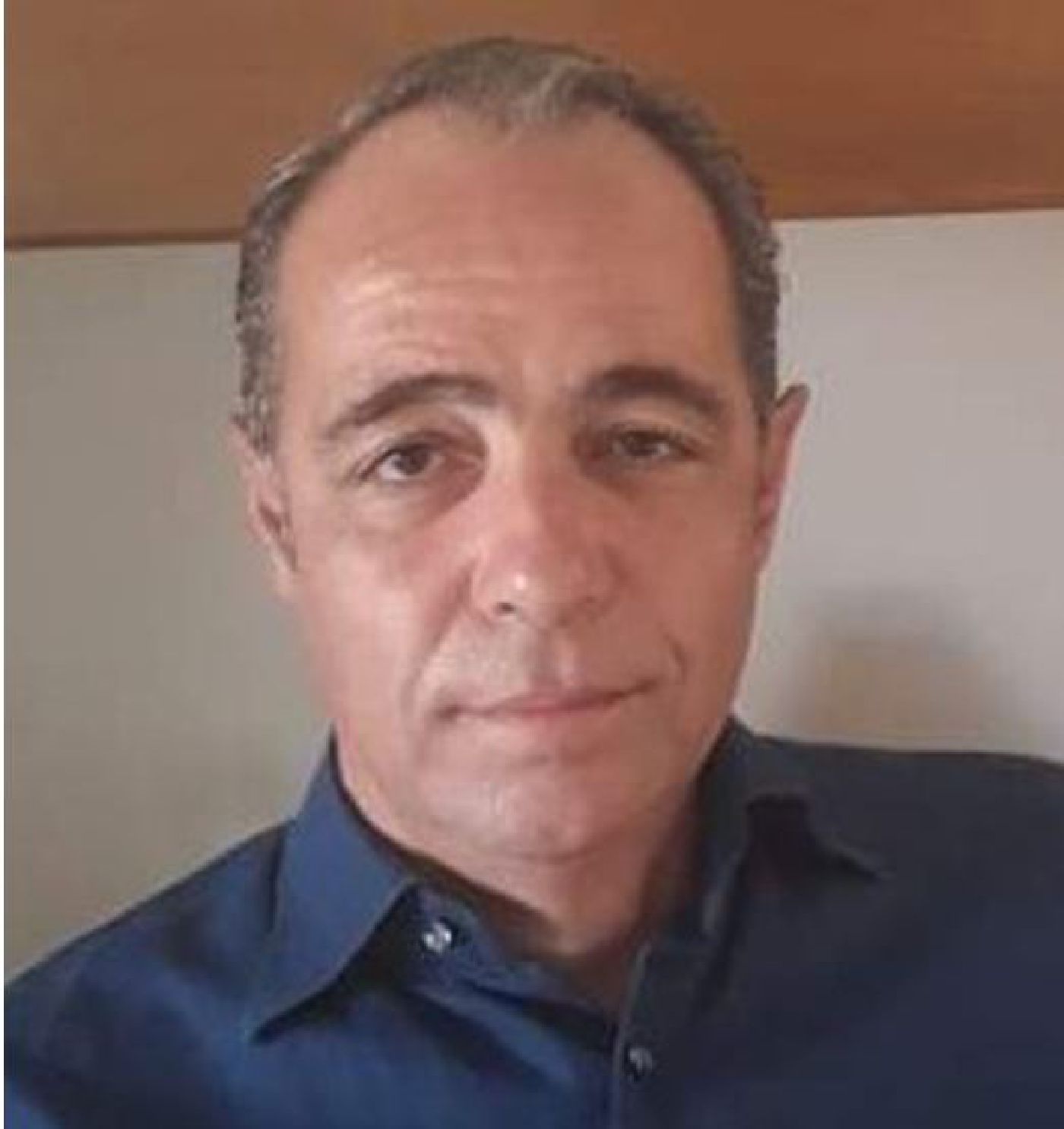WEBINAR SERIES:
Oxidative Stress: Biochemical and Pharmacological aspects
15:00-17:00 (CEST)
May 17th, 2024,
15:00-17:00 (CEST)
Participation is free of charge but registration is compulsory at www.antiox.it
A single layer of cells that line the internal surface of blood vessels is the vascular endothelium. The endothelium not only creates a structural barrier between blood and tissues, but, most importantly, is a dynamic and multifunctional endocrine organ. Healthy endothelium is of fundamental importance for vascular homeostasis and its dysfunction is observed in many cardiovascular diseases (CVD), which predominate in the elderly. Recent studies point to NRF2, a cytoprotective transcripton factor, as a critical player in ageing. Vascular ageing is accompanied by chronic oxidative stress resulting from increased production of reactive oxygen species and failure to activate NRF2-driven gene expression. However, the orchestration of redox homeostasis is not the only function of NRF2 that can be affected by ageing in the vascular system. The molecular crosstalk between NRF2 and physiological and premature ageing from the perspective of the vascular system and the development of abdominal aortic aneurysm will be discussed.

Anna Grochot-Przeczek is a molecular biologist working at the Department of Medical Biotechnology, Jagiellonian University in Krakow, Poland. She studies the molecular mechanisms that regulate the function of endothelial cells and blood vessels with a focus on the NRF2 / KEAP1 pathway, ageing, and protein S-nitrosation. Currently, she investigates the importance of NRF2/KEAP1 imbalance and loss of proteostasis in blood vessel function.
The totality of biotic and abiotic exposures across a life course comprises an ‘exposome’, which exerts a profound influence on age-related health trajectories. Understanding the complex interplay between exposome factors and the (epi)genome offers crucial insights into the biology of ageing and its relationship with the accumulation of systemic allostatic load ( i.e. wear and tear). I will discuss adopting a biomimetic lens to the exposome to provide an integrative conceptual framework to develop innovative exposome-based strategies for promoting longevity. By emulating biological solutions refined by evolutionary pressures, I will discuss how we can uncover novel preventative and therapeutic approaches to address the rising global burden of age-related morbidity.
In particular, I will examine a key mediator of the interplay between living systems and exposome stressors lying within the activities of Nrf2 regulated biochemical pathways. Nrf2 orchestrates expression of numerous cytoprotective genes that enhance the capacity to manage oxidative stress, toxins, and inflammation – core drivers of ageing and age-related ill health. Modulating and enhancing these pathways through biomimetic approaches and reintroducing the Hippocratic concept of “Food for Medicine,” offers potential to extend health span. This involves designing nutritional strategies and therapeutics that directly or indirectly modulate Nrf2 activity, subsequently restoring redox homeostasis and attenuating the impact of systemic wear and tear. These strategies can also incorporate a biomimetic paradigm, leveraging co-evolutionary relationships between the human holobiont and our microbial symbionts that may open new avenues for microbiome-based therapeutics to delay ageing.
Importantly, I will discuss and exemplify how such exposome-inspired biomimetic strategies to upregulate stress resilience pathways and restore metabolic homeostasis can potentially synergize with emerging senotherapeutics.

Paul Shiels is Professor of Geroscience at the University of Glasgow. He is lead and founder of the Glasgow Geroscience Group. He has over 200 publications and generated 10 Patents in this field. Paul was a pioneer of telomere cloning and worked on ageing in cloned animals, including Dolly the sheep, at PPL Therapeutics Roslin. He has pioneered the concept of the exposome of ageing and was subsequently the first to describe links between socioeconomic position, the microbiome and ageing. His ideas have been successfully tested in clinical trials. His current research portfolio comprises investigation of the exposome of ageing, novel senotherapies and development of biomarkers of ageing, including epigenetic clocks. He has recently developed the first clinically accurate epigenetic clock for normative ageing. Paul holds the honour of being Chair of the Scientific Advisory Board of the British Society for Research on Ageing, the world’s oldest charitable society for research on ageing. He has acted as an expert on the Biology of Ageing on a number of national policy advising consortia including providing evidence to UK XIRA and the UK Government All Party Parliamentary Group on Longevity. He sits on the Editorial Advisory Board for Aging Cell. Paul has acted as CSO for Pathfinder Cell Therapy PLC and acts as a consultant for a range of Pharma companies. He has a proven track record in the public dissemination of his research, including the provision of expert commentary for the BBC and ABC TV networks and as a Panellist at the Edinburgh International Science Festival and the Edinburgh International Book Festival.
Proteome stability (also referred to as proteostasis) is critical for proper cellular functionality and consequently organismal health, and it is ensured by an extensive compartment-specific network of machineries known as the proteostasis network (PN). Key components of the PN are the two main proteolytic machineries, namely the autophagy lysosome- (ALP) and the ubiquitin proteasome- (UPP) pathways, along with several stress-responsive cellular sensors including (among others) heat shock factor 1 (Hsf1) and the nuclear factor erythroid 2-related factor 2 (Nrf2) pathways. Under conditions of proteome instability and/or increased oxidative load a fully functional (i.e., young) biological system engages the PN which address the triage decision of protein fold, hold, or degrade, and restores normal cell oxidative load. Nonetheless, all PN modules gradually become dysfunctional during the highly unnatural process of aging; this output results in, among others, sustained accumulation of free radicals, beyond a physiological level, which promotes oxidative damage and stochastic modification of all cellular biomolecules. These processes will be discussed along with plausible interventions that can likely increase healthy aging.

Ioannis Trougakos obtained his Ph.D. in Cellular-Developmental Biology from the National and Kapodistrian University of Athens (NKUA), Greece. He has worked as Research Scientist at EMBL, Germany, CBM “Severo Ochoa”, Spain and at NHRF, Athens, Greece; he was also research visitor at EMBL and at the Netherlands Cancer Institute. Dr. Trougakos was elected Research Lecturer at NHRF and currently he serves as Professor and Director of the “Cell Biology” lab at the Faculty of Biology, NKUA. He is the Head of the “Ageing and Age-Related Diseases” group (http://scholar.uoa.gr/itrougakos). Dr. Trougakos has published articles in high-ranking journals, chapters in international books; he is also co-inventor in several patents. His group is funded by private (GR, EU, USA) and public (GR, EU) entities; also, the group participates in contractual activities with the Industry.
COST (European Cooperation in Science and Technology) is a funding agency for research and innovation networks. Our Actions help connect research initiatives across Europe and enable scientists to grow their ideas by sharing them with their peers. This boosts their research, career and innovation.
Grant Holder: Universidad Autónoma de Madrid
Start of Action: 19 October, 2021
End of Action: 18 October, 2025
CSO approval date: 25 May 2021
Action email: info@benbedphar.org
© 2022 BenBedPhar | Design by Tuinbit Group